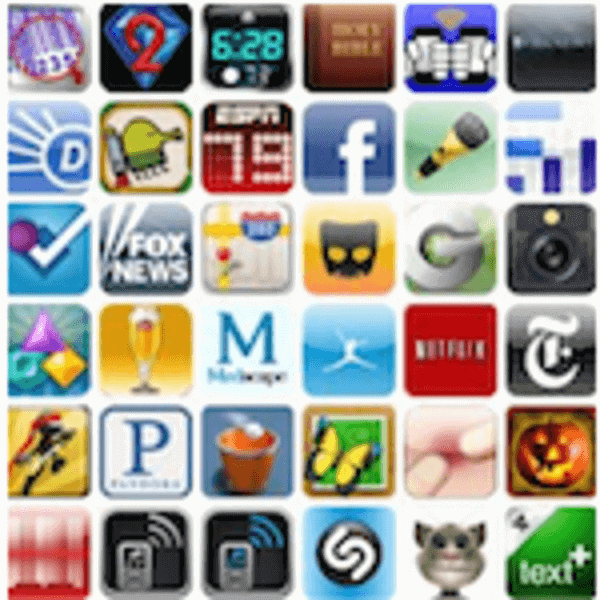There are some undercurrents swiftly moving through developments circles that will soon become the topic everybody will be discussing. Among those topics, one significantly stands out in the mobile realm – the coming wave of HTML5 Web-based apps. The vanguard is being led by mobile games developers but the rest of ecosystem is not far behind. Facebook’s so-called “Project Spartan” is the carrot that has spurred app developers but the ability to disrupt the application store model is high on developers’ minds.

In talks with developers last week, the common refrain was “I do not have anything to say about Project Spartan.” But app developers know that Project Spartan is coming – they are working with Facebook and soon the Web will see the benefits of their labors. The responses were not “I do not know if it is true or not, I have no idea.” Rather they were “I cannot talk about that.” The social games developers are leading the way of a trend that could be extremely disruptive to the native app economy.
Last week, mobile games developer MocoSpace sent out a press release announcing a $1 million fund for developers to create HTML5 games for Project Spartan.
“This week MocoSpace is announcing $1M in additional funding to entice Spartan developers to create HTML5 mobile games for their platform. [Though] we’re not certain when Facebook’s Project Spartan will officially launch, we can be certain of Facebook’s faith in HTML5.”
MocoSpace’s CEO Justin Siegel says it well in a statement in the release:
“You want the user experience to be enjoyable and not frustrating. People want to be able to play games with their friends, no matter what kind of device they have. The best way to make a great cross-platform social gaming experience is to build with HTML5. This is what Facebook is realizing – and we can’t wait to see what Project Spartan is going to offer consumers and developers alike.”
Another CEO of a mobile gaming company, Stewart Putney from Moblyng, sees significant room for disruption in the Android market by HTML5-based Web apps.
“If and when someone comes out with an HTML5 app store, they could eclipse the Android Market very quickly,” Putney said. “Android is open for disruption.”
One of the reasons for low quality Android browsers is that it is difficult for the OEMs to attach the browser to the GPU chipset. Apple’s iOS Safari is one of the best mobile browsers there is because of Apple’s vertical integration which allows it to design the entire product from the bottom on up, including tying significant functions to certain parts of hardware. The browser on the HP TouchPad and the BlackBerry PlayBook are actually pretty as well.
Another benefit of an HTML5 environment for developers would be the payment process. Putney says that, because Apple has every consumer’s information locked up in iTunes, right now iOS is the only great mobile payments system . Google has not quite figured out the process yet. Yet, when it comes to the wider Web, there are dozens of options, from PayPal to Verisign and others. Facebook will probably want to deal with its Credits product, but that could be beneficial to developers and Facebook, depending on how it is rolled out.
“Every additional click is a 50% attrition rate,” Putney said in explaining why iOS is the better payment platform. “The fewer clicks, the better.”
In the end, it comes down to the browser. If certain large companies, like Facebook, Amazon, HTC, Samsung or others can make the mobile browser as high quality as a PC-based browser but with points multiple points of touch, pinch, swipe and zoom, then developers will follow the browser with apps for the mobile Web.

















